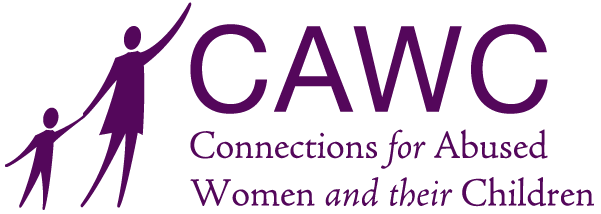Even if you haven’t experienced domestic violence yourself, you can still play a role in the prevention of domestic violence and helping survivors of domestic violence.
- ● If You See Something, Say Something. Often, we underestimate the power that we have as observers. By calling out abuse when you see it and contacting the authorities, you can signal to abusers that people are watching, and what they’re doing isn’t okay.
If you suspect someone is being abused, you can help them and (hopefully) prevent future violence by taking the following steps:- ○ Check in on them and let them know that you’re available to help.
- ○ Call the police if you witness abuse or suspect that abuse is happening around you.
- ○ Know the number of your local domestic violence shelter and/or national domestic violence hotline.
- ● Support Domestic Violence Prevention Programs. Look for local or national organizations that provide aid and resources to domestic violence survivors and work to fix the issues that cause domestic violence. Many of these organizations are nonprofits and can use all the help they can get. Consider making a financial contribution or volunteering your time if you’re able.
- ● Vote. Domestic violence has been linked to a network of broader systemic issues, including poverty, unemployment, harmful gender norms, disenfranchisement of women, high levels of violence in a community, and lack of access to education. Many (if not all) of these factors will require overarching social and political reform. Do your part by voting for candidates and legislation that aim to address these root causes of domestic violence.
At Connections for Abused Women and Their Children (CAWC), we believe that everyone has a right to a life free of violence. Our mission to end domestic violence is rooted in education, service, and advocacy. In addition to working toward broader social change, we provide empowerment-based and trauma-informed support in the form of shelter, counseling, and advocacy to individuals affected by domestic violence and their children. If you or someone you know is struggling with domestic violence, don’t hesitate to call our 24-hour hotline at (773) 278-4566. To support our work, consider volunteering or donating.
